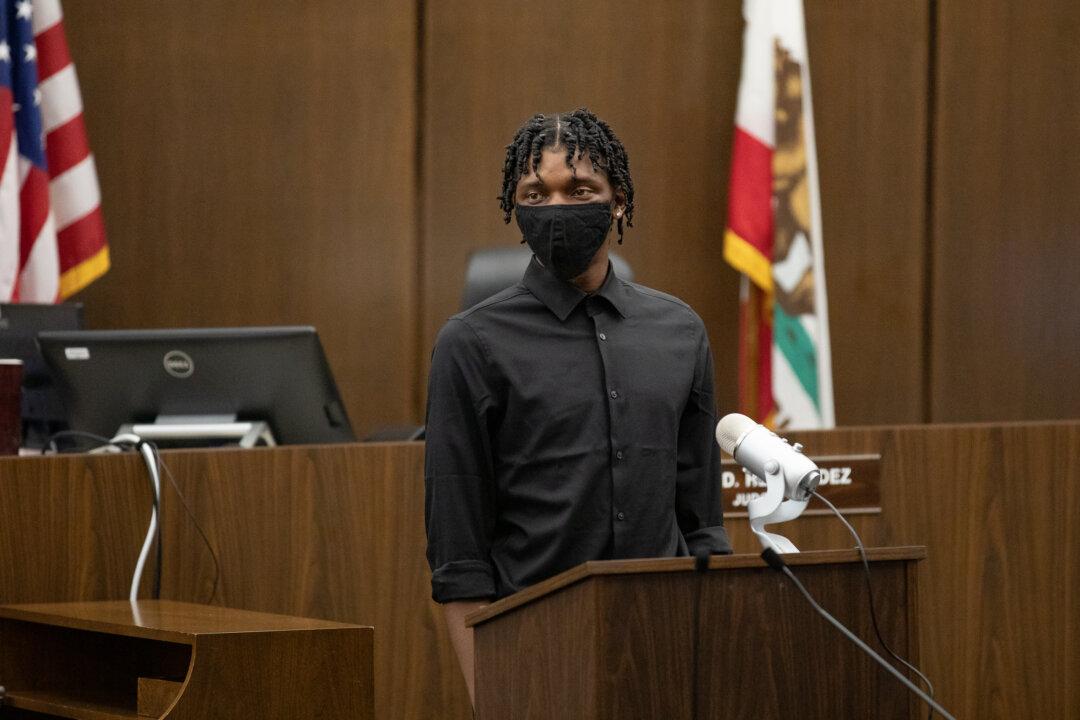SANTA ANA, Calif.—Two young men appeared in court at the Central Justice Center in Santa Ana on Sept. 18. Both had been convicted of felonies, one with a possible sentence of up to six years, and the other, nine years.
But neither ended up behind bars. Instead, they completed a pilot program in the Orange County Superior Court. They were in court to graduate from that program, called Young Adult Court (YAC).





